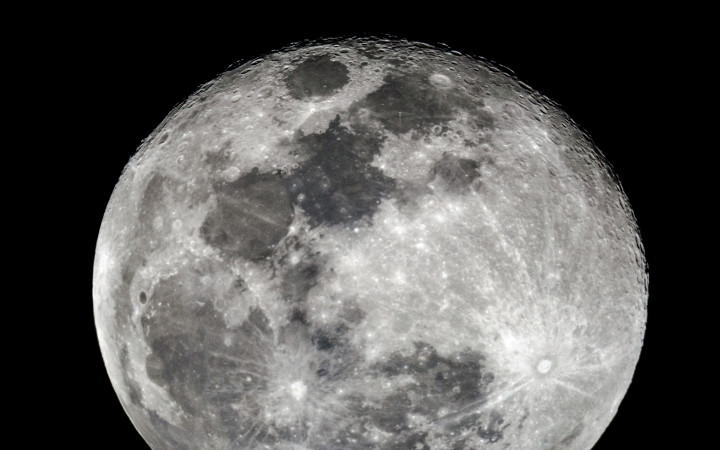Today’s Wonder of the Day was inspired by Courtney. Courtney Wonders, “What would the Earth be like with no moon?” Thanks for WONDERing with us, Courtney!
It controls the tides. It provides light for nighttime hikes. It’s not made of cheese, but it does sometimes appear to have a face. What on Earth are we talking about? Actually, you won’t find the topic of today’s Wonder of the day on Earth—it’s the moon!
Anyone who’s spent much time at all on this third rock from the sun knows that the moon is a pretty big deal. Sure, most planets in our solar system have at least one moon—and some, like Mars, Jupiter, and Saturn, have more. But don’t let that fool you—Earth’s moon is special. It’s the largest moon by ratio to the size of its planet in the whole solar system! What would Earth be like with no moon?
Without the moon, life on Earth would be much different. For example, the planet’s tides would be much weaker. They would still rise and fall because of the gravitational pull of the sun, but would have only about 40 percent of the strength of today’s tide.
If you’ve ever been to the beach, or if you live near an ocean, you know how the tide affects daily life. However, tides also play a very important role for life on Earth. The flow of the tides carries heat from Earth’s equator to the poles. Without the moon, Earth might have a very different climate than it does today. This would have likely limited the movement of species around the world. Some plants and animals alive today might not even exist!
If the moon were to disappear tonight, many more stars would be visible from Earth. People might identify and name new constellations. Other planets and even other galaxies might be easier to see. But the night would be much darker. This would affect people as they move around after dark, but it would have a much heavier impact on nocturnal animals. Those that hunt at night, like owls and bats, would have a much harder time finding their food.
An obvious difference is that, without the moon, there would be no more eclipses. There would also be no more trips to the moon, of course, and possibly no space travel at all. Many experts see the moon as astronauts’ “stepping stone” to other places in the solar system. Without it, humans may not have developed the ability to travel beyond Earth’s atmosphere.
Do you know how many hours there are in a day? Of course, there are 24! But without the moon, days on Earth would be much shorter. Billions of years ago, an Earth day was only about 12 hours long. The pull of the moon slowed the Earth’s rotation—without it, days would have far fewer than 24 hours.
Many people don’t realize that the moon affects the tilt of the Earth’s axis. Most of the time, our planet’s tilt is 23.4°. However, that angle fluctuates. Sometimes, it’s as little as 22.1°. Other times, it’s as much as 24.5°. Without the moon to help stabilize the planet, the fluctuation could be much larger.
Without the moon, experts estimate the Earth’s tilt could increase as high as 45°. That means the planet would be spinning on its side, like Uranus does. This would have significant impacts on life on Earth. It would cause major changes in the climate. It would also mean that each half of the planet would experience six months of daylight followed by six months of darkness. This would wreak havoc on agriculture, as well as other aspects of life.
All things considered, we’d say Earth is pretty lucky to have its moon. What do you think? Would you like to live in a world with no eclipses and lower tides? How about having a shorter day and being able to see more stars at night? Perhaps it would be like living on Mercury or Venus, neither of which have moons. The world certainly would be different!
Standards: NGSS.ESS1.A, NGSS.ESS1.B, CCRA.R.1, CCRA.R.2, CCRA.R.4, CCRA.R.10, CCRA.W.2, CCRA.W.4, CCRA.W.9, CCRA.SL.1, CCRA.SL.2,CCRA.L.1, CCRA.L.2, CCRA.L.3, CCRA.L.6




